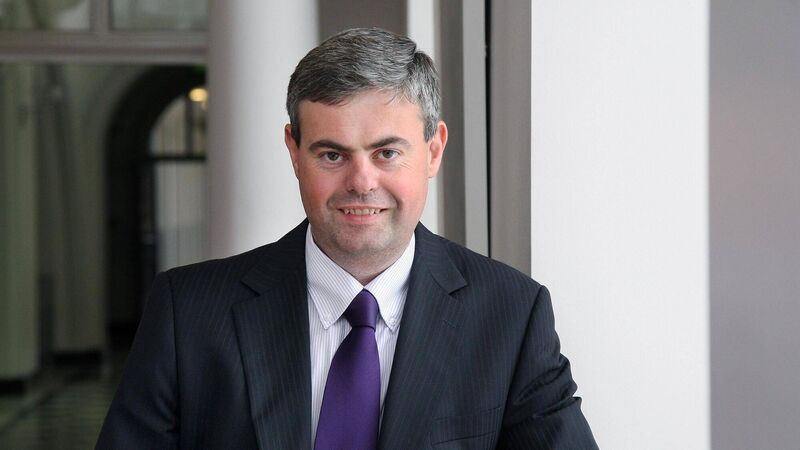Irish Ambassador to the UK nominated for role as Ireland's permanent representative to the UN

Martin Fraser served as secretary general in the Department of the Taoiseach for 11 years under three different taoisigh until May 2022 and moved to London in August 2022. File photo: Photocall Ireland/GIS
The former Government secretary general has been nominated as Ireland’s permanent representative to the United Nations in New York.
Martin Fraser, who is currently the Irish Ambassador to the UK, served as Sec. Gen. in the Department of the Taoiseach for 11 years under three different taoisigh until May 2022 and moved to London in August 2022.











